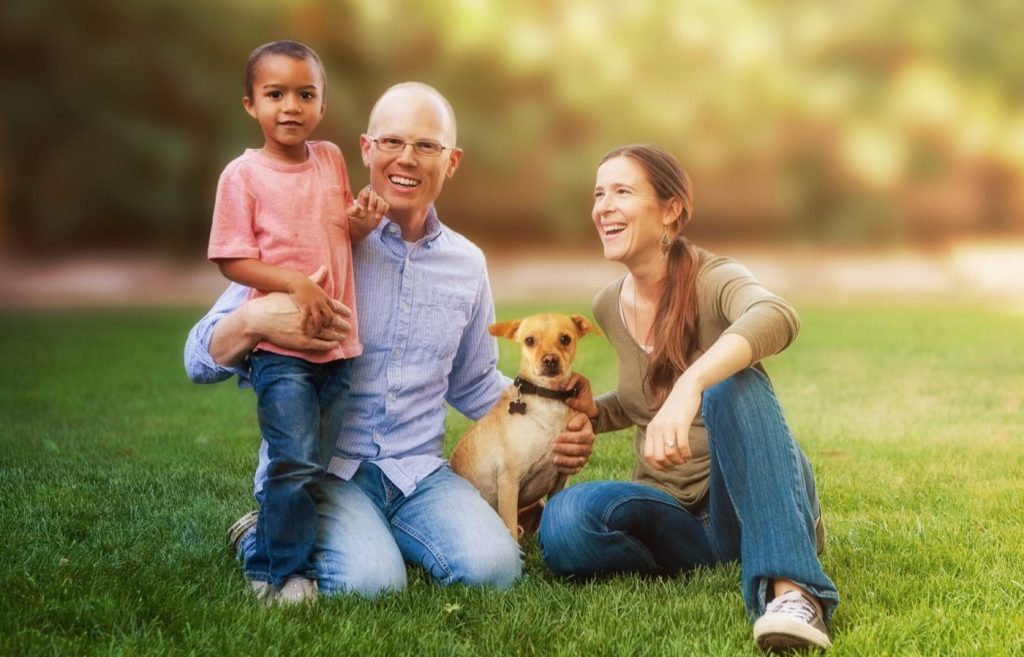By Elliot Chan, Opinions Editor
Our deaths will define us, regardless of how we live our lives. Whether we fade to black in our sleep or go out in a blaze of glory, we want the last moment to be honourable, courageous, and respectable. Sadly, not everyone gets to choose their ideal death, and oftentimes the responsibility falls to the people who care for us—those who love us and will continue to live without us. Live or let die, the choices can lead to compromising consequences.
Pass: Baby Iver
The news of Robyn Benson’s tragedy echoed across the nation and caused many to consider the ramifications of life versus death. Benson was declared brain dead during her 22nd week of pregnancy. In order for her child to have a healthy delivery, medical staff needed to keep Benson on life support, buying more time for the unborn child. Baby Iver was born 12 weeks prematurely, but alive—sadly his mother faced the inevitable.
Such an event reminds us of the fragility of life and the power of medical technology. It not only tests our ingenuity, but also our humility. Regardless of your beliefs, pro-life or pro-choice, we can all agree that every life is precious. And when a mother is faced with such peril, it’s a blessing to even have the option of life support, a solution that enables us to save a life instead of losing both.
I could only imagine the painful experience of looking over a human incubator, a mother dead, but the baby alive. It still sounds like a science fiction story to me, but I guess that’s the time we live in now: an age where tragedies and miracles can occur side by side.
Posthumous motherhood is far from a sure thing. It’s a gamble to everyone involved, from medical staff to the family. It could lead to lifelong psychological damages. But to not take a chance would be a greater shame.
Fail: Marius the giraffe
Many animal-lovers around the world are still wondering why Copenhagen Zoo’s healthy giraffe had to die so gruesomely. On February 9, Marius the giraffe was euthanized, dissected in front of a crowd of adults and children, and fed to the zoo’s lions. In order to avoid inbreeding, Marius and his genetic make-up had to go.
Despite the fact that multiple organizations and zoos were willing to take Marius in, the management of the Danish zoo still insisted on the public autopsy. Marius’ fate was publicly frowned upon, but it wasn’t unique. Hundreds of animals around the world are euthanized annually due to reasons like health, age, or accommodating space. Sometimes killing a surplus animal is just the best solution.
But I disagree: killing an animal should be the last solution. Zoos explain that in order for the herd to flourish, individuals must be sacrificed. No, wrong! Although I am a proud supporter of zoos and think overall they do more good than harm, I disagree with this approach. Zoos should be sanctuaries for animals, especially those they are trying to foster, and not a place of scientific exclusion. I don’t mind simulated reality, creating wilderness inside a controlled zoo environment; I’m against the human interference, the playing God aspect of these zoos that take initiatives to eliminate those animals that are considered unnecessary.
Perhaps the problem is not with the animal, but with the breeding system of the zoos. Or maybe we should just design zoos like a beef slaughter house—kill two birds, am I right?

